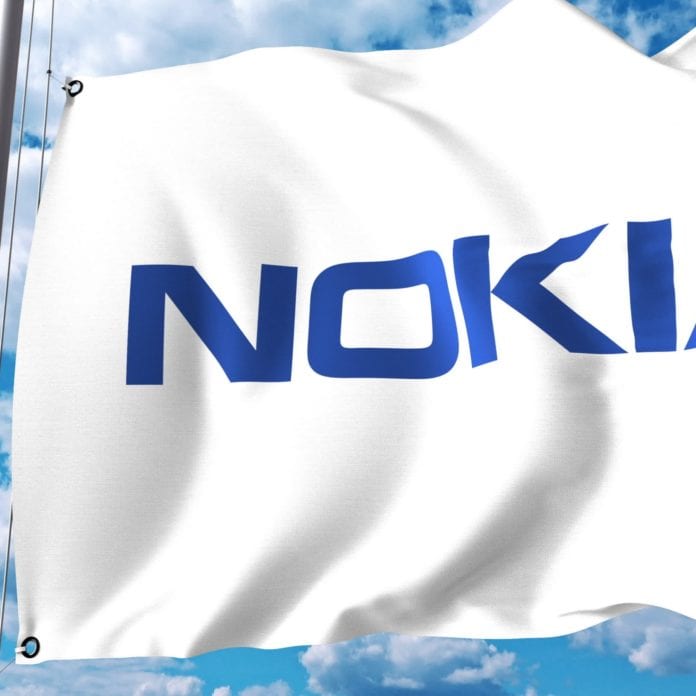Nokia warned it could cut up to 10,000 jobs as part of a wider restructuring effort designed to reset the vendor’s cost base and increase research and dvelopment investment and future capabilities including 5G, cloud and digital infrastructure.
In a statement, Nokia said the planned restructure would result in an 80,000–85,000 employee organization over an 18–24-month period, instead of the approximately 90,000 employees the European vendor has today. The exact number of job cuts will depend on market developments over the next two years, Nokia said.
Nokia said it expects to lower its cost base by approximately 600 million euros ($715.7 million) by the end of 2023, with the savings offsetting increased investment in R&D, future capabilities and costs related to salary inflation.
In total, Nokia expects between 600-700 million euros of restructuring and associated charges by 2023, of which 50% is expected to be realized in 2021, 15% in 2022 and 35% in 2023.
In October of last year, the company announced a new operating model designed to better position the company for future market challenges. As part of this initiative, Nokia established a new structure to create four core business units: Mobile Network; IP and Fixed Networks; Cloud and Network Services; and Nokia Technologies.
“Nokia now has four fully accountable business groups. Each of them has identified a clear path to sustainable, profitable growth and they are resetting their cost bases to invest in their future,” said Pekka Lundmark, president and CEO at Nokia.
“Each business group will aim for technology leadership. In those areas where we choose to compete, we will play to win,” he added.
Nokia said it will reveal more strategy details for each business unit at its Capital Markets Day on March 18.
Earlier this week, Nokia announced partnerships with with Google Cloud, AWS and Microsoft to accelerate the development of 5G solutions for the enterprise segment.
With Google Cloud, Nokia is focused on developing solutions combining its integrated RAN, Open RAN, vRAN and edge products with Google’s edge and application ecosystem. The companies are working to run Nokia’s 5G vDU and vCU with the Google’s Anthos edge platform; there’s also plans to test Nokia’s standalone core and vCU on Anthos.
With Amazon Web Services, The Finnish vendor is working up proof of concepts around cloud RAN and how to use AWS to support 5G deployments and put together new use cases.
With Microsoft Azure, the focus on enterprise is even more explicit, focused in on private 4G and 5G private network use cases to “drive end-user business outcomes.”
Nokia already reached 146 commercial 5G deals at a global level. The company said that a total of 55 5G networks are already live using the company’s products and solutions.

